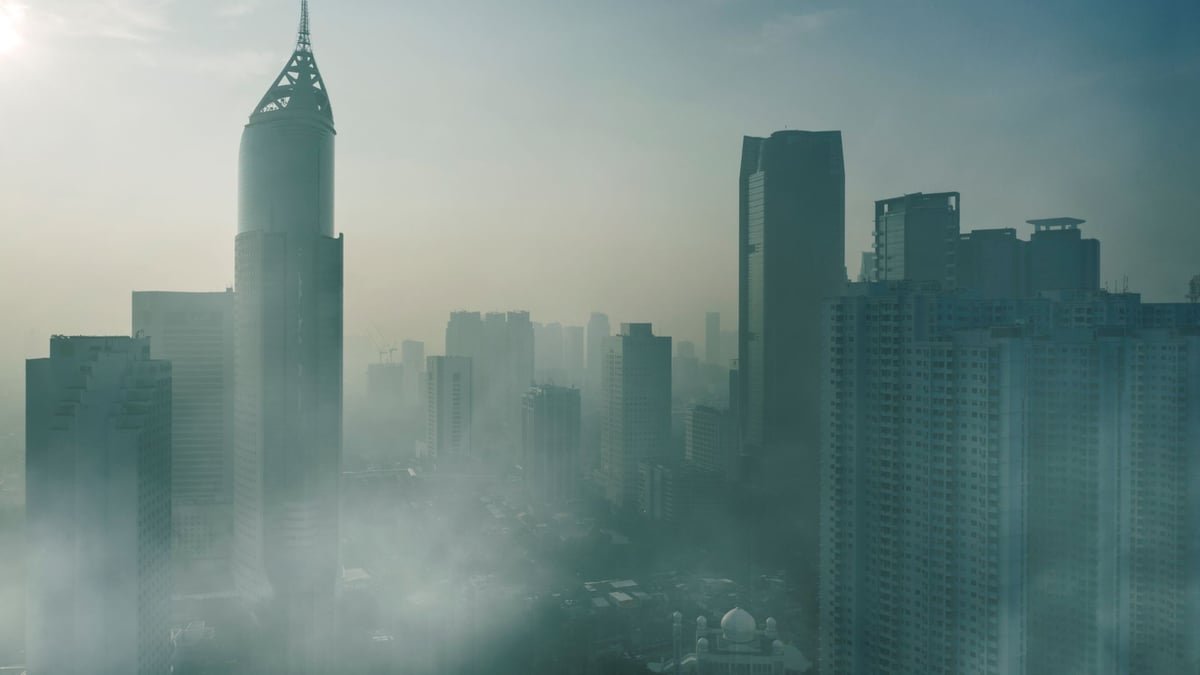Delhi, India is currently at 317 AQI that comes under the ‘very poor’ category. Delhi has repeatedly experienced high AQI as soon as winters near. Citizens face respiratory issues and are advised to stay indoors during worst air quality conditions.
Air pollution is a growing concern not just in India but worldwide. A high AQI indicates more pollutants in the air, which can harm your health, especially affecting your lungs and skin. Let’s understand how high AQI levels impact our bodies and the necessary steps required to prevent your bodies from harmful effects
What Is AQI and Why Does It Matter?
AQI, or Air Quality Index, is a scale used to show the quality of the air we breathe. It ranges from 0 to 500, with higher numbers indicating more pollution. When AQI levels are high, this means the air has more pollutants, such as dust, smoke, and chemicals. These pollutants can cause serious health issues, especially for people with asthma, allergies, or other respiratory conditions. Here are the AQI ranges and what it indicates:
0 to 50 = Good
51 to 100 = Satisfactory
101 to 200 = Moderate
201 to 300 = Poor
301 to 400 = Very Poor
401 to 500 = Severe
Effects of High AQI on the Lungs
Polluted air can cause immediate as well as long-term damage to our lungs.
High AQI can lead to irritation in the lungs and make it difficult to breathe. People might experience symptoms like coughing, chest tightness, and shortness of breath.
Pollutants weaken the immune defenses in the lungs, making them more vulnerable to infections like bronchitis and pneumonia.
Continuous exposure to poor air quality increases the risk of long-term lung conditions, such as asthma and chronic obstructive pulmonary disease (COPD).
High AQI effects on the Skin
Air pollution can also harm the skin, causing infections and early aging signsPollutants settle on the skin, clogging pores and leading to infections, acne, and even rashes.
Harmful particles in the air break down the skin’s protective barrier, causing wrinkles, dryness, and age spots. High AQI can trigger allergic reactions, making skin red, itchy, and swollen.
How to Protect Yourself
When the AQI is high, limit outdoor activities, especially intense exercise. If you need to go outside, consider wearing a mask that filters out pollutants. For skin protection, wash your face after exposure, and use skincare products with antioxidants to shield your skin from pollutants. Drinking water also helps flush out toxins.
By staying aware of AQI levels and taking precautions, you can reduce the risk of lung and skin issues caused by poor air quality.


